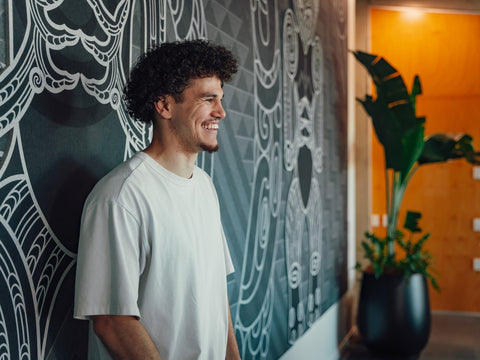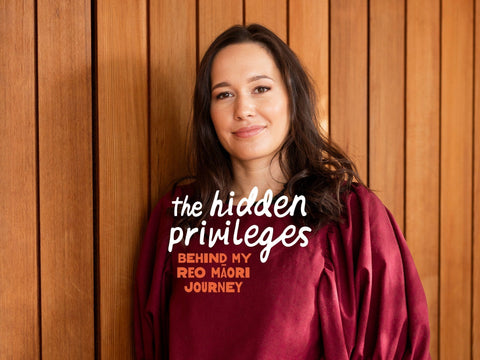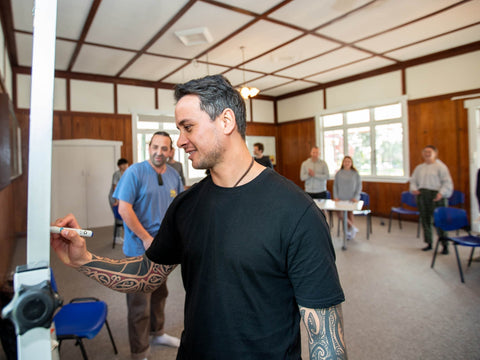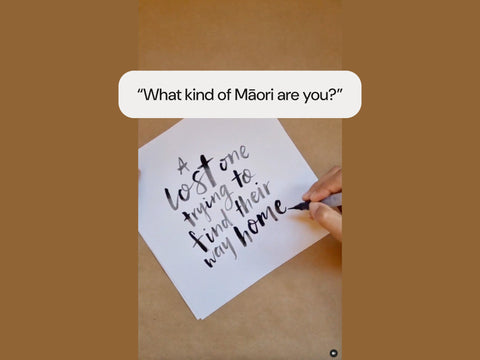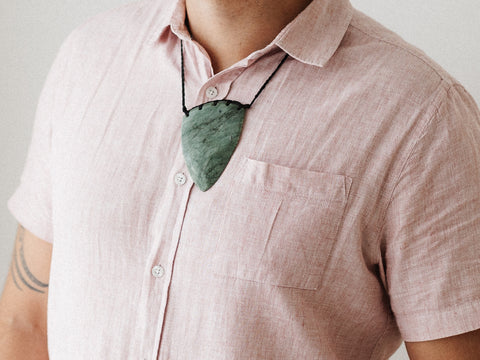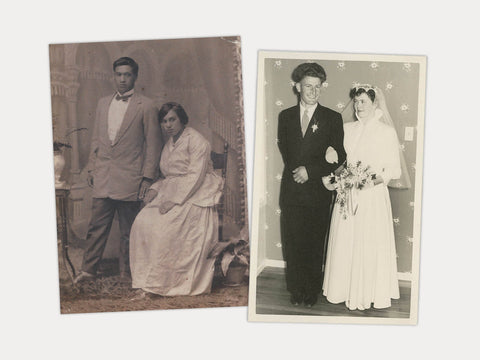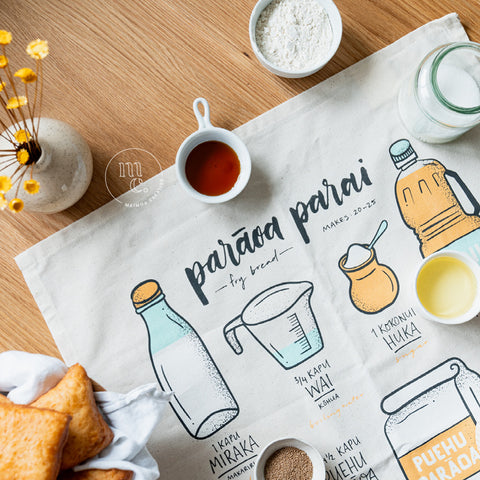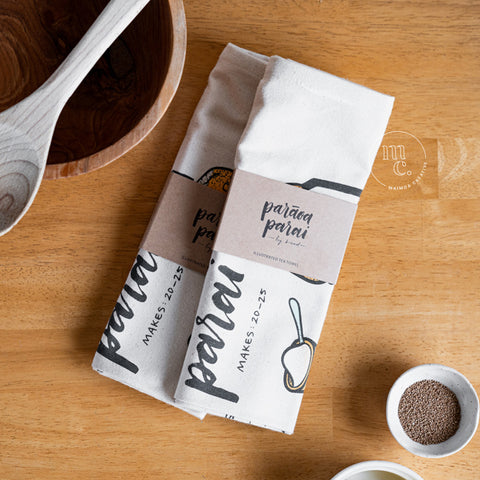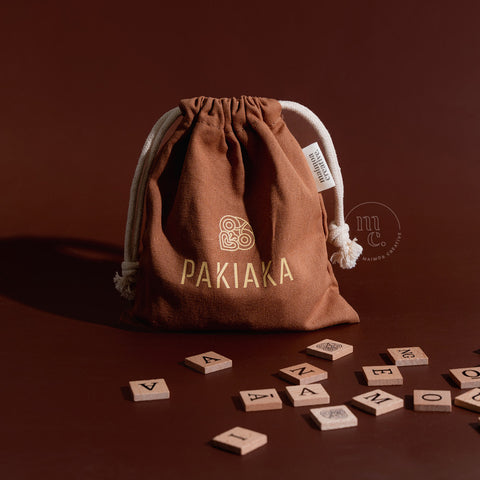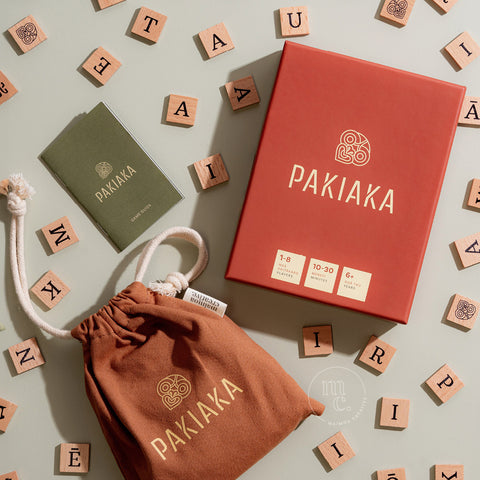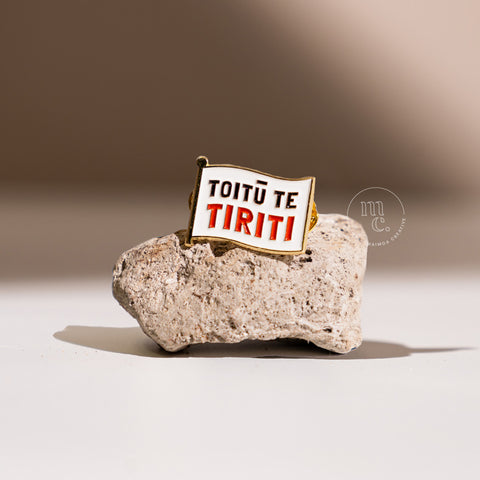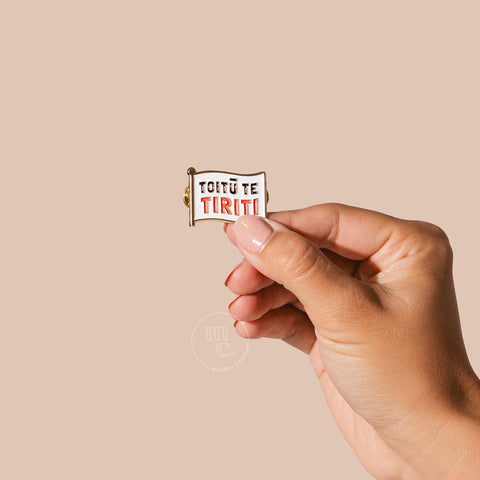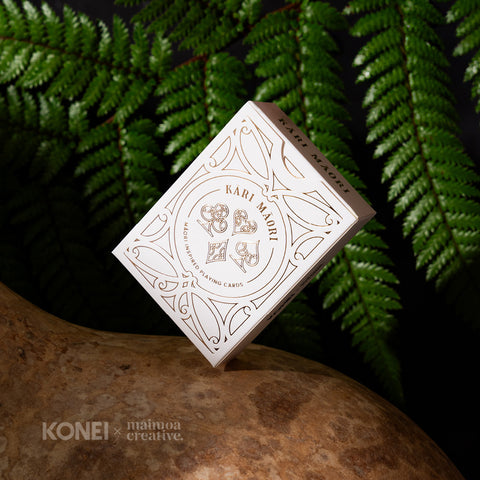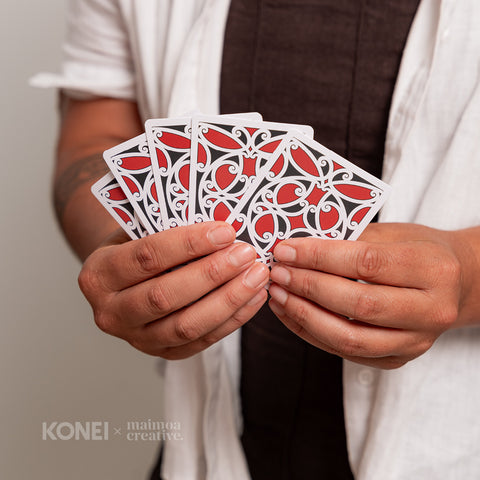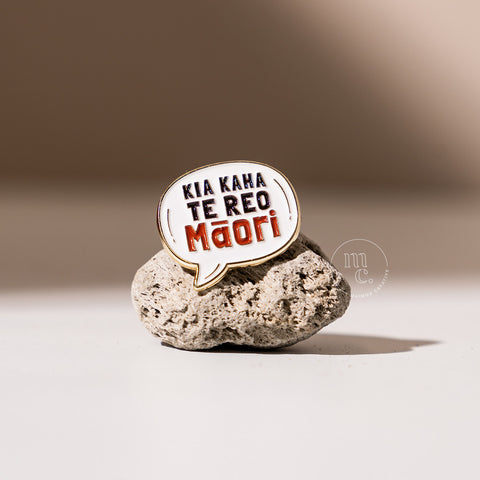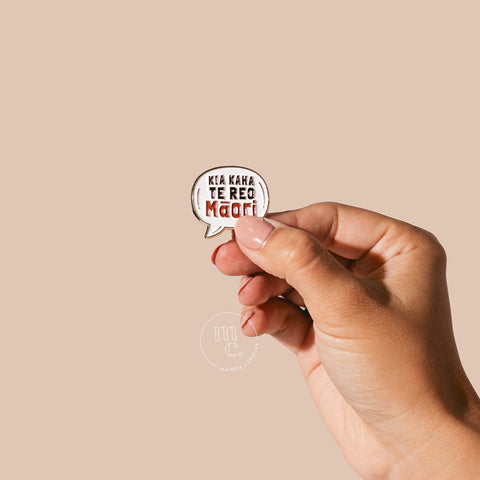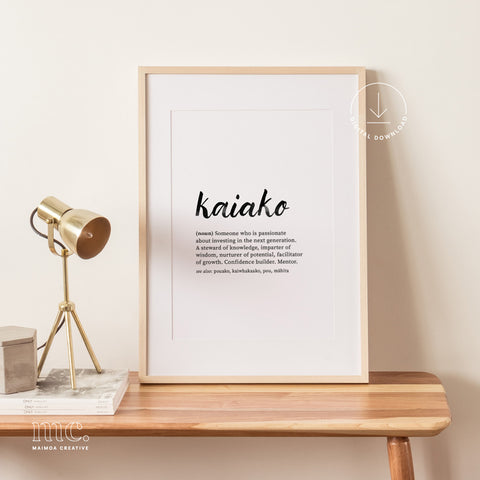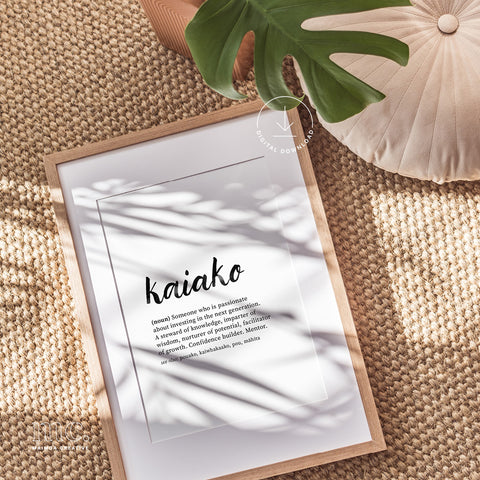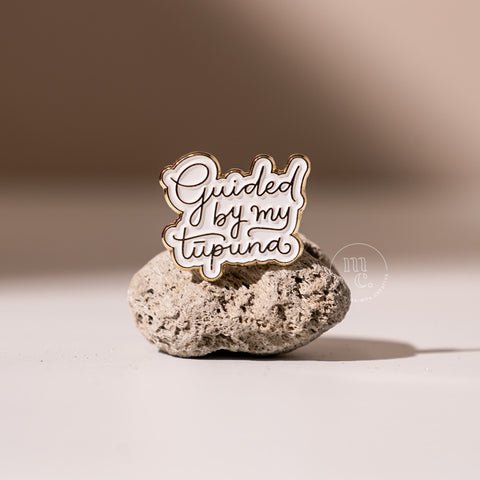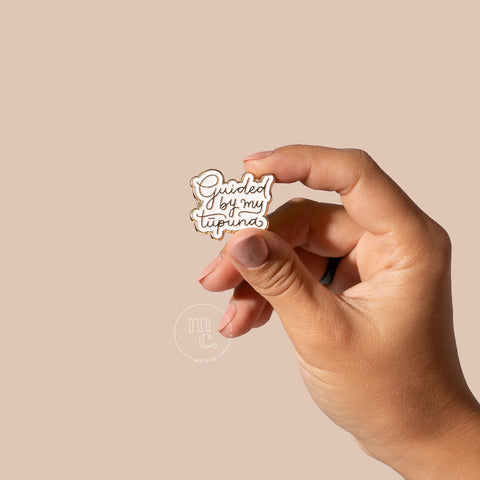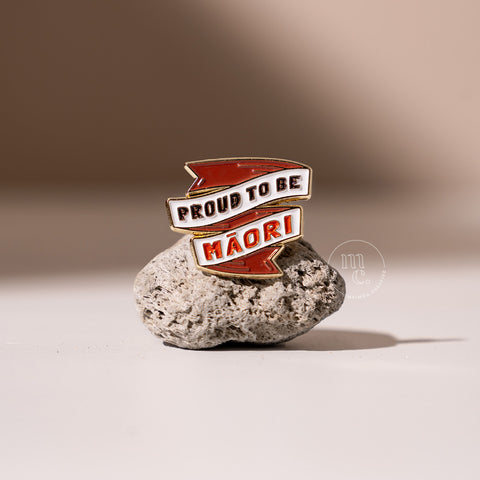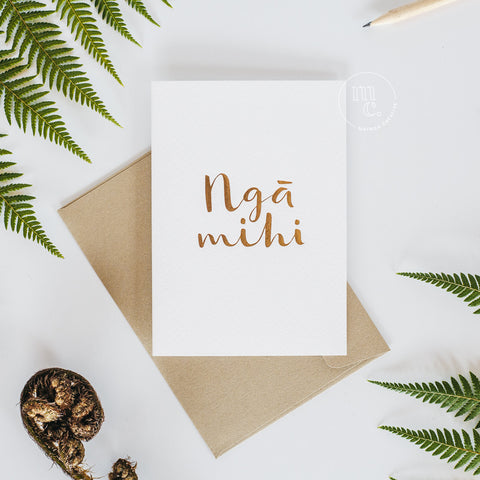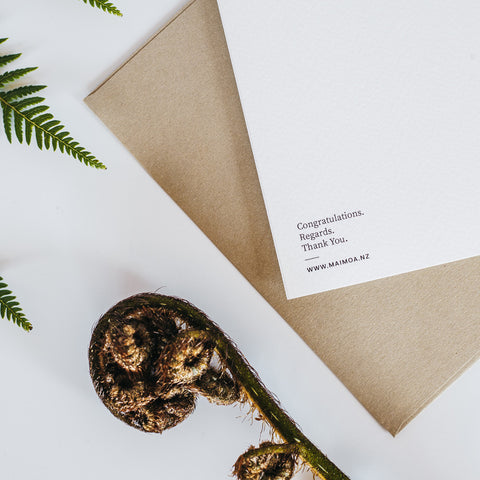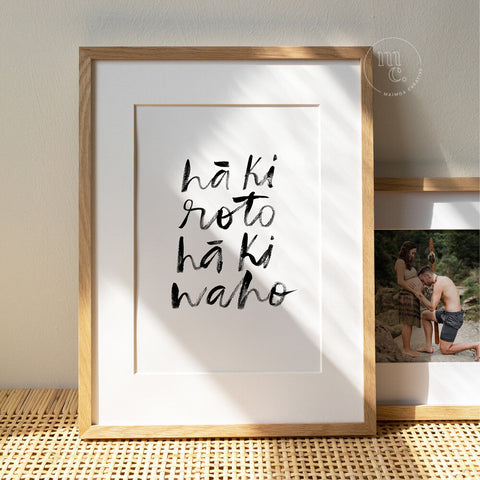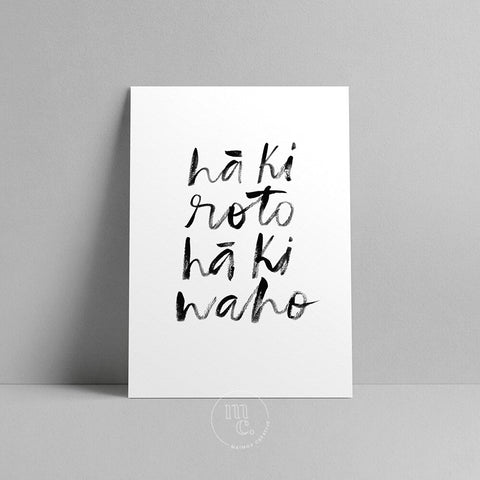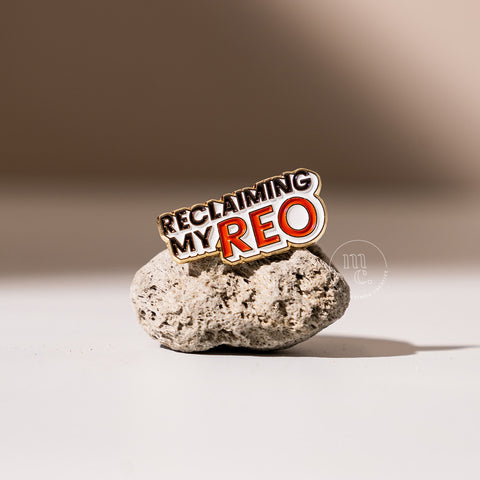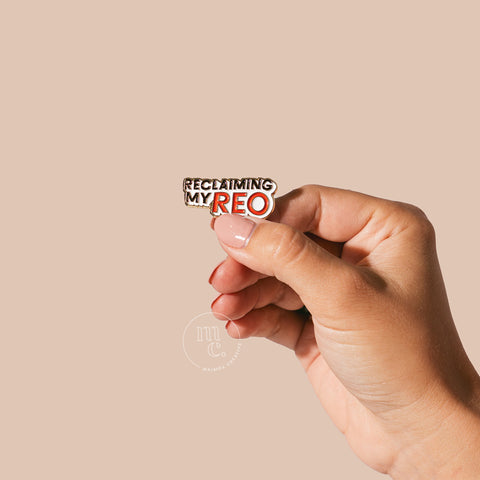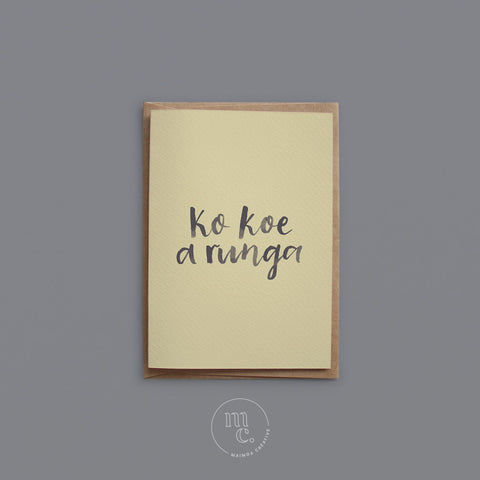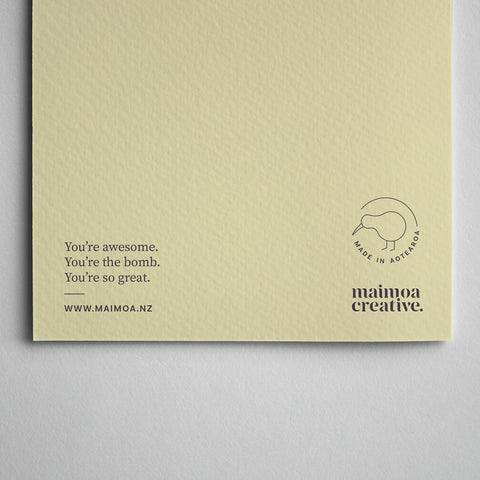Many people want to engage respectfully with pepeha and mihimihi, but aren’t always sure how. Can non-Māori/tauiwi and pākehā have a pepeha? What’s the difference between pepeha and mihimihi? This article shares whakaaro from Māori practitioners to help learners understand what these practices are for, how they’ve evolved, and how to move forward with confidence and respect.
Aroha opens up about the unseen support and privileges that shaped her reo Māori journey. Her story is a reminder that every learner starts from a different place, and that progress never looks the same for everyone.
Neurodiversity is too often framed as deficit, focused on what someone lacks rather than their strengths. But within te ao Māori, a growing movement is reclaiming takiwātanga (Autism), aroreretini (ADHD), and other neurodiverse traits as taonga, unique ways of being that carry mana and value.
We spoke with Jessica Hita (Ngāti Ueoneone, Ngāpuhi, Ngāti Tara, Ngāti Kahu) from Kanorau, a kaupapa-driven pakihi dedicated to empowering whānau to confidently navigate life with takiwātanga. Jess highlights how kupu Māori like takiwātanga and aroreretini move us away from clinical “disorder” labels and toward a worldview that honours whakapapa, wairua, and whānau.
She reminds us that our tūpuna never viewed neurodiversity through a deficit lens, this perspective was introduced through outside systems. Instead, te ao Māori focuses on strengths, mana, and unique contributions.
This kōrero explores how reo, tikanga, and perspective can shape the way neurodiverse tamariki and adults see themselves. Not as broken, but as whole and extraordinary.
Practical advice, tips and strategies for navigating full immersion in te reo Māori. This article provides insights into managing emotional highs and lows and building confidence in speaking, tailored for beginners aiming for meaningful progress in their reo language journey.
Is it appropriate for non-Māori to wear taonga? This question invites us to explore diverse viewpoints within our community. While some advocate for taonga to be exclusive to Māori, others support sharing Māori culture with those who respect its values. This discourse is not about setting hard rules but rather encouraging a thoughtful approach to cultural exchange, emphasising respect, intention, and genuine connection with Māori culture.

